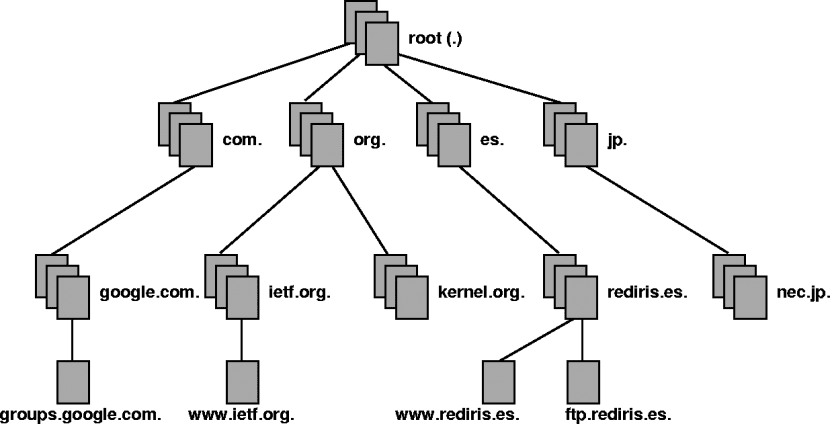
When we enter a web page on our device Android, be it a blog, for example, our operators can see which pages we visit ... Something, a bit uncomfortable, don't you think?
Well, recently, rumors have arisen that Android is thinking of implementing a security protocol called 'DNS over TLS' to solve this problem for us. This would come in Android Oreo 8.1. But what does this mean? It means that if you are one of those who like to surf the net and visit all kinds of websites, this will be very useful to hide your browsing history from the operators.
What is 'DNS over TLS'?
To know what it means and what is a 'DNS over TLS', let's understand, first of all, that a DNS ('Domain Name System', in English, or 'Domain Name System' in Spanish) is a system that translates the addresses and names of the domains or web pages that we request to see. For this, the DNS is based on a similar operation to that of a database that resolves the URLs and allows us to complete the process to display a web page.

How a DNS works
The 'DNS over TLS' is an encryption protocol that will encrypt, with greater security, the data that we send to our DNS. In this way, the new security protocol that Android would be about to implement would offer us greater security and privacy when surfing the net.
How does 'DNS over TLS' work?
Every time we make our requests to the DNS, the operator can see it. What they cannot see is the content of the traffic that passes through the HTTPS protocols, since, unlike the previous standard protocol, HTTP is a bit more insecure.
Now the 'DNS over TLS' works in a very similar way to the HTTPS encryption protocol, thus giving us more anonymity and confidentiality when we want to immerse ourselves in the Internet. Although, of course, it must be taken into account that if we do not use a Google DNS, this function will not work.
To change the DNS we must have our device rooted or use a VPN that works for usThis if our operator does not offer us to make these changes.
